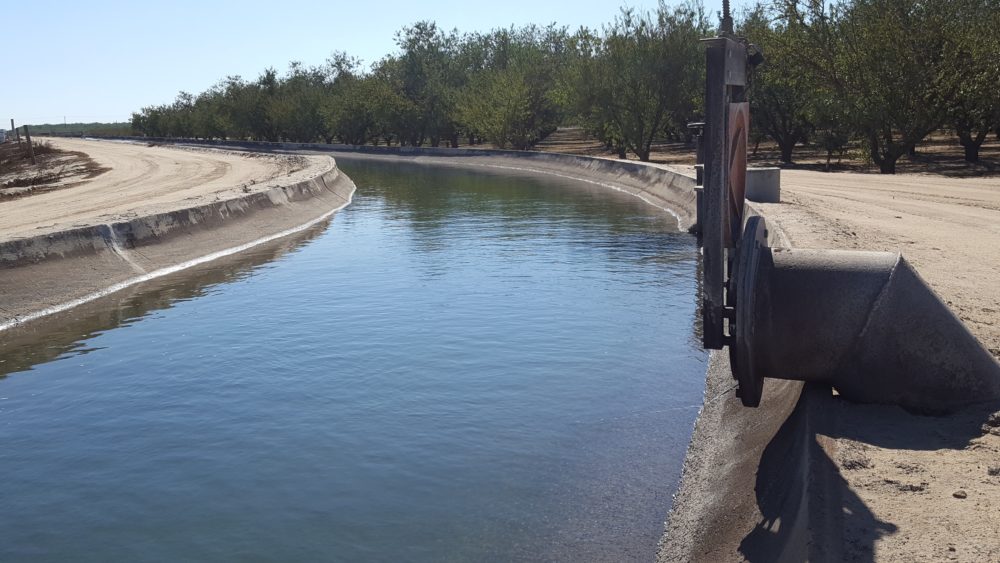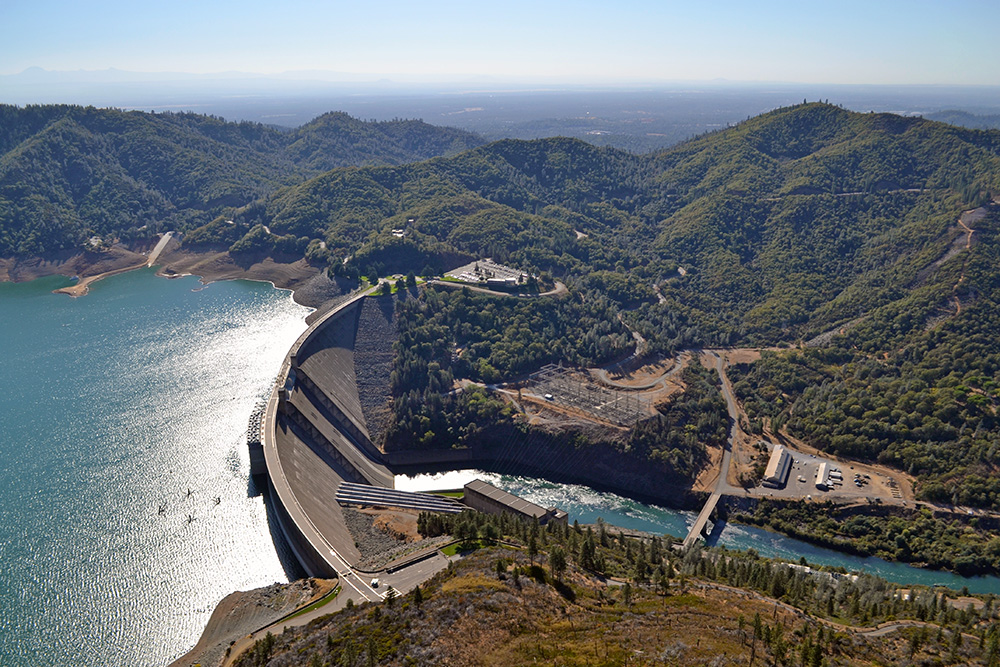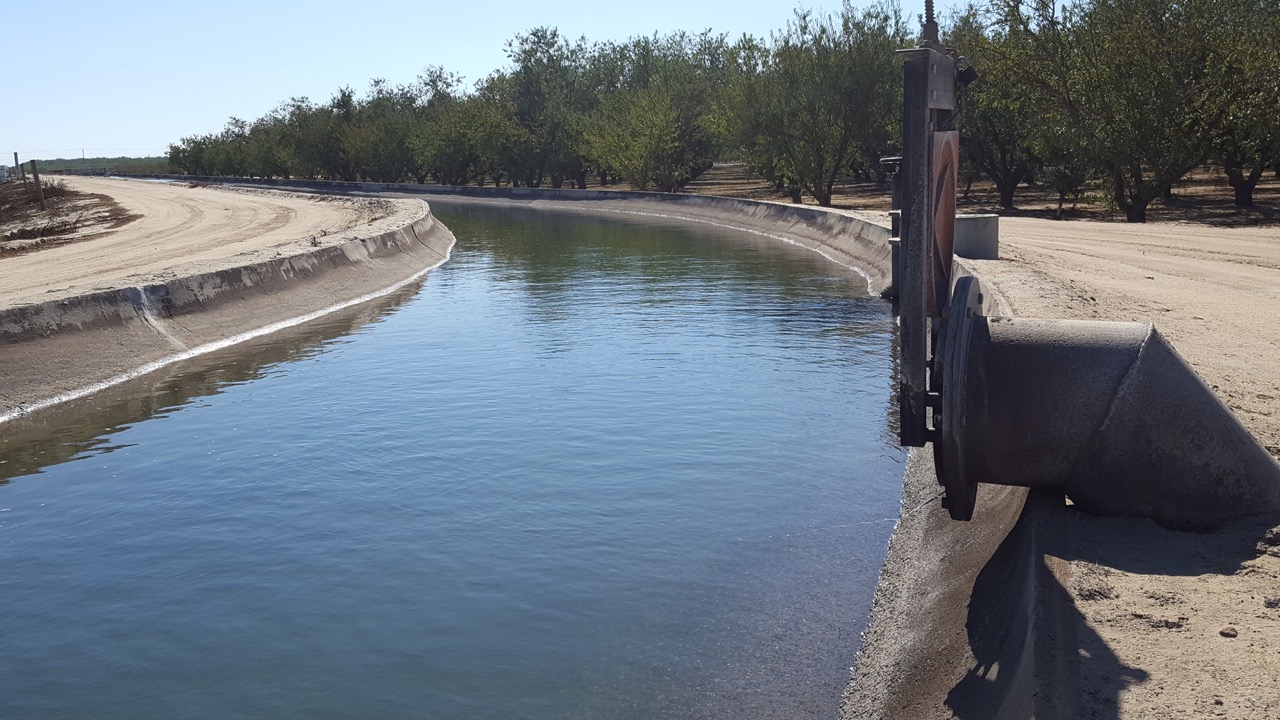EPA Blasts State’s Water Grab
EPA’s Acting Secretary Andrew Wheeler Visits The Valley With Congressman Denham
News Release Edited by Patrick Cavanaugh
Following his recent visit to the Valley, U.S. Environmental Protection Agency (EPA) Acting Administrator Andrew Wheeler sent a letter to the State Water Resources Control Board (SWRCB) in Sacramento, expressing concern over several aspects of the proposed Bay-Delta plan. A copy of the letter is available here.
In the letter, Wheeler questions the effectiveness of drastically increasing flows to improve native fish species when studies show several additional factors contribute to their dwindling populations—including predation from non-native species, which the Bay-Delta plan does not address.
“I’m pulling every available resource to stop the state’s dangerous water grab,” said U.S. Representative Jeff Denham (R-Turlock). “Both the Department of Interior and EPA have now directly weighed in against Sacramento’s plan to steal our water.”
Oakdale Irrigation District General Manager Steve Knell said: “Finally, EPA Administrator Wheeler’s letter has put common sense back on the table in addressing the State’s draconian Water Plan. Thank you Congressman Denham for your efforts in bringing Mr. Wheeler to our area to hear our concerns.”
“This State Water Plan will devastate water storage in our dams, drive river temperatures to lethal levels and destroy the very fish species we at the local level are trying to protect. Our rivers deserve better. We have the science to show this, we have provided it to the State, and they have ignored it. We continued to advocate that sending more water down the river and not addressing other stressors is not an answer, and the State has ignored that too.”
South San Joaquin Irrigation District General Manager Peter Rietkerk said: “On behalf of the South San Joaquin Irrigation District, I would like to thank you and your staff for bringing Acting EPA Administrator Andrew Wheeler to our region on October 11, 2018. The meeting was a success, and our message was clearly heard, evidenced by today’s letter from the EPA to the State Water Board. We’ve continued to lament the devastating impacts of State’s plan to local drinking and irrigation water supplies, and to protected fish species within our rivers, and it is great to know that the EPA has listened and will be looking for balance and accountability from the State Water Board if they choose to approve this outrageous plan.”
At Denham’s request, several key administration officials have visited the Central Valley and have been actively engaged in policies to fight Sacramento’s water grab and increase water storage for our farmers and residents. This is the latest result of many such actions.
On July 27, Bureau of Reclamation Commissioner Brenda Burman submitted a strongly worded comment expressing serious legal concerns with the latest Bay-Delta amendment. The comment followed a visit by U.S. Department of Interior (DOI) Secretary Ryan Zinke to our impacted reservoirs at request of Denham on July 20. Additionally, Zinke sent an internal memo to DOI agencies on August 17 requesting all Central Valley Project authorities be provided to him for disposal to combat the state’s plan.
Following Denham’s September 28 letter requesting executive action, the President signed a memorandum to bring more storage to the Valley and address hydroelectric relicensing at Don Pedro, requiring agencies to consider local plans like the Tuolumne River Management Plan developed by Modesto and Turlock Irrigation Districts. Denham previously released an animated video on NMFS Sacramento’s dangerous water grab.
As a follow-up to the presidential memorandum, Denham recently hosted a call with senior administration officials from the Bureau of Reclamation to discuss the details of the memorandum, next steps in the process, and allow irrigation districts and farm bureaus an opportunity to ask questions.
The president’s order supplements legislation authored by Denham to support innovative financing opportunities for water projects throughout the western United States. Denham’s New WATER Act (H.R. 434) passed and was signed into law as part of America’s Water Infrastructure Act of 2018 (WRDA). Eligible projects include new reservoirs, below ground storage projects, recycling and desalination projects. This legislation supports large projects like enlargement of Shasta Dam, construction of Sites Reservoir and Temperance Flat Dam, and expanding Los Vaqueros Reservoir.























